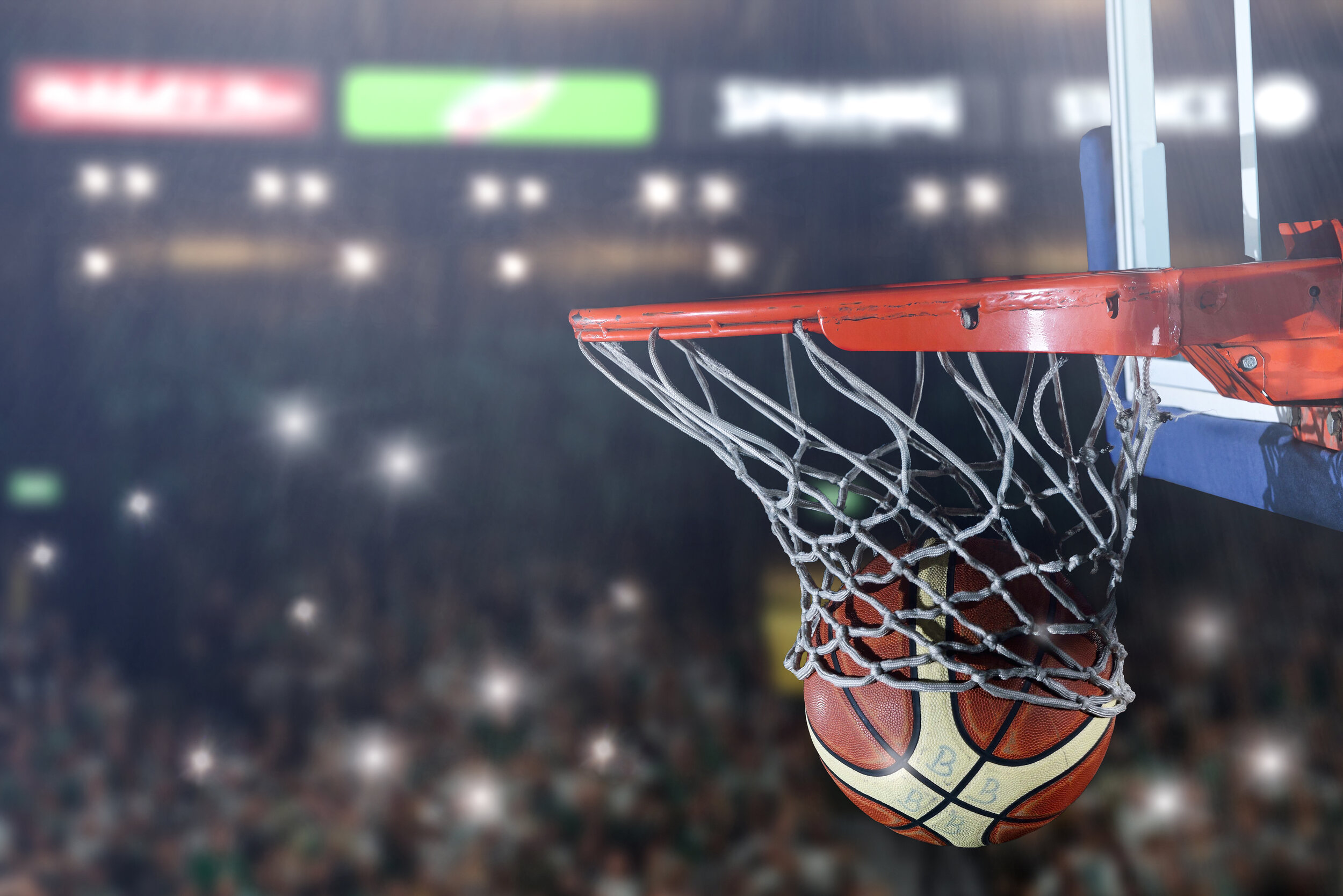Eligibility
What do you have to do to be academically eligible in college?
NOTE: This is for informational purposes only. You must visit the official websites of the respective organizations and sign up for their eligibility centers in order for them to attest to the eligibility of each student-athlete.
National Collegiate Athletic Association Division I
NCAA Division I
Approx. 350
Academic - DI:
You must graduate from high school and complete 16 core courses:
Four years of English
Three years of math including Algebra 1 or higher
Two years of a natural or physical science (including one year of a lab science)
One additional year of English, a math or natural or physical science
Two years of social science
Four additional years of English, a math, a natural or physical science, a social science, a foreign language, a comparative religion or philosophy
Complete 10 of the above courses before your senior year (or before your 7th semester in high school) You cannot repeat or replace any of these courses to increase your G.P.A.
Get an overall 2.3, at least, in these core courses.
Get an SAT or ACT score that matches your core-course G.P.A. See DI sliding scale.
If you don’t meet all of the required academic goals, you can still play Division I sports, but will not be able to play during your first year of college.
Amateurism
Must meet amateurism rules.
Note: There may be academic and additional requirements for keeping a scholarship as well, once you are enrolled.
National Collegiate Athletic Association Division II
NCAA Division II
Over 300 colleges
Academic - DII:
(Think G.P.A., core courses and test scores)
You must graduate from high school and complete 16 core courses:
Three years of English
Two years of math including Algebra 1 or higher
Two years of a natural or physical science (including one year of a lab science)
Three additional years of English, a math or natural or physical science
Two years of social science
Four additional year of English, a math, a natural or physical science, a social science, a foreign language, a comparative religion or philosophy
Get an overall 2.2, at least, in these core courses.
Get an SAT or ACT score that matches your core-course G.P.A. Low test scores require a higher G.P.A. and a low G.P.A. requires a higher test score. See DII sliding scale.
If you enroll full-time in a DII school and don’t meet all of the required academic goals, you cannot play in your first year, however if you are a partial qualifier you can practice and get and athletic scholarship in your first year.
Amateurism
Must meet amateurism rules.
Note: There may be academic and additional requirements for keeping a scholarship as well, once you are enrolled.
National Association of Intercollegiate Athletics
NAIA
Approx. 250 colleges
Academic Requirements:
You must be a graduate of a high school and meet 2 of the 3 requirements:
Test Score: Get a min. of 18 on the ACT or 970 on the SAT (reading and math sections only, writing not evaluated for this requirement).
G.P.A. of 2.0 out 4.0.
Graduate in the top half of your class (if your rank doesn’t appear on your transcript, you can get a signed letter from the principal, vice principal or guidance counselor on the school’s letterhead, with the official seal of the school and showing your final class ranking and position.
GED Students
Test Score: Get a min. of 18 on the ACT or 970 on the SAT (reading and math sections only, writing not evaluated for this requirement).
GED students are considered to have met the G.P.A. requirement automatically.
Homeschool Students
Test Score: Get a min. of 20 on the ACT or 1040 on the SAT (reading and math sections only, writing not evaluated for this requirement).
Note: To remain eligible while in college you must be enrolled in at least 12 hours of of courses at all times and be making appropriate progress toward a degree. In your junior year and beyond, you have to earn a 2.0 out of 4.0 in each semester.
Amateurism
Rules have been updated to allow for Name, Image and Likeness capitalization.



